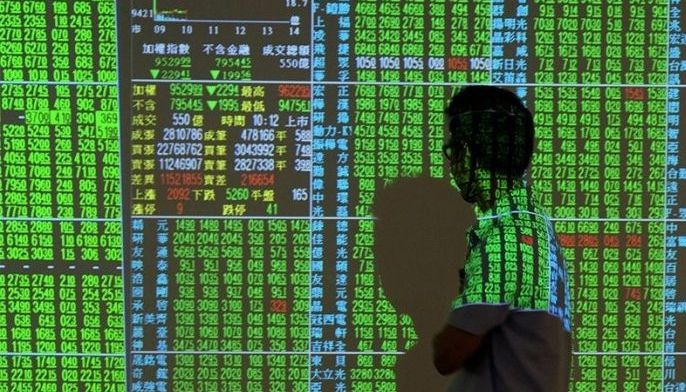The metaverse and the future of business

In October 2021, Facebook – the social media giant – officially changed its name to Meta. They made this bold move while companies and businesses began to explore the metaverse and what it meant for the future of business. Facebook decided to dive in headfirst and turn the page to focus on building its own version of the metaverse – a world created in virtual reality.
It’s a bold move, and one could say that Mark Zuckerberg realized they needed to be at the forefront if they wanted to stay ahead. After all, in the digital world – things move so fast that you can’t afford to wait to try the newest thing on the horizon. You must change, adapt, and remain ahead of the curve or risk losing out. Multiply, Myspace, and Friendster can attest to that.
So Facebook committed to a new chapter and name as they focused on building a new world in virtual reality. And it looks like they made the right choice, as many other businesses are following suit and investigating what the metaverse could mean for the future of business.
This isn’t to say that we are in an actual virtual reality yet. We are still at the beginning. But as most businesses know – those that shape the next chapter are far more likely to be successful than waiting until things have been set up before trying something new. While we may not be in a virtual reality yet, we are absolutely in a digital one, and digitalization is shaping how we work and live. This will only continue in the years ahead.
Presently, there is no hard and fast answer to the question – “what is the metaverse?” The typical answer is that it is the Internet 3.0 or a virtual reality platform that will encompass social media, online gaming, digital business operations, and more. An old article I read described it as the internet “brought to life,” or the internet in the real world or in 3D.
It’s a bit fuzzy what that means and how that differs from the online digital solutions we use today. However, businesses aren’t waiting for a clear definition to explore what the metaverse could mean for their work, people, and clients. After all, years and years ago, we may not have believed we would have the reliance on the internet that we do now, yet here we are.
At this point, there’s no time to waste. Digitalization was already happening rapidly before the pandemic, and these past two years just shifted that into overdrive. Over the past two years, we’ve learned that we can do almost anything online. Necessity is the mother of all knowledge, and the digital acceleration progressed much faster than many anticipated because of COVID-19.
So now, businesses move back into the next phase post-pandemic. There is still a risk, and remote work has become essential to employee engagement and optimal operations. Organizations realize that they need to continue to innovate, and more and more are seeing that they can’t just go back to how things were before.
The opportunity to shape the metaverse and this next chapter won’t be around forever. Big tech is taking crucial steps forward to see how this new digital reality can work for them, their consumers, and their stakeholders before someone else shapes the future for them.
So what does that mean for the Philippines? While we often worry about not being able to keep up technology-wise with some of the more digitally-driven countries, the truth is a majority of Filipinos understand that technology is a crucial driver of success and business transformation.
Many of them were also forced to upskill and learn how to navigate a more digital world, and now they are more prepared to see how they can help shape this next chapter. In a recent survey, over 55 percent of respondents said they knew about the metaverse and its meaning. Most of them also believe that it will be good for society.
Adding to that – another survey was conducted that claimed that a large number of employees in the Philippines wanted to work in the metaverse over traditional office spaces. At the very least, for the larger part of their work week.
Over 80 percent said that video conferencing programs were more than enough to help them connect and communicate. More than anything, they valued not having to do the grueling commute to the office and the increased spending for food, etc., while being outside of their homes.
With many poised and ready to embrace more digitalization, several tech businesses in the country are already taking steps to foster metaverse experiences and innovations. This means working ahead of the curve – something we may not have always been good at in the past. Now though, I think Filipino businesses and talents are trying to look into immersive technologies and finding ways to leverage innovation early.
At the same time, we can’t fully promote digitalization until we have the infrastructure to support it. Our connectivity and access to technology must improve, especially in the provinces. Many companies are trying to foster and future-proof capable talents by creating partnerships with high schools and colleges and going to future talents early to teach them the digital skill they’ll need for the future.
There are many chances to get on board early if we follow through. The metaverse is looking to be the next big transition, and companies must open possibilities if they want to reap the rewards. It won’t be easy and is an investment for both businesses and workers. But we can’t get left behind. The next technological wave is coming, and we need to be prepared.
- Latest
- Trending































